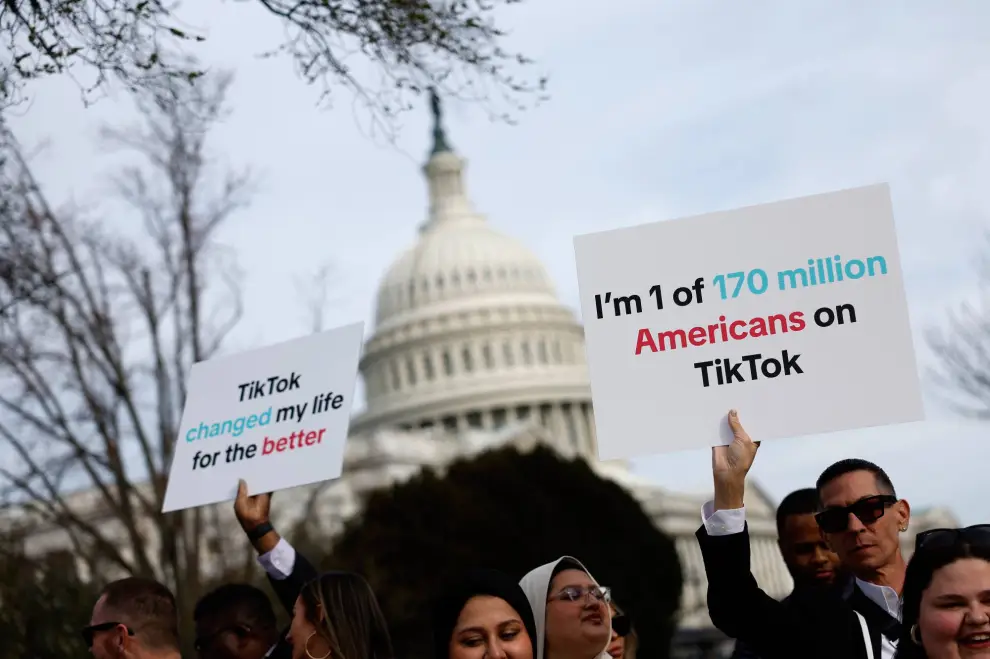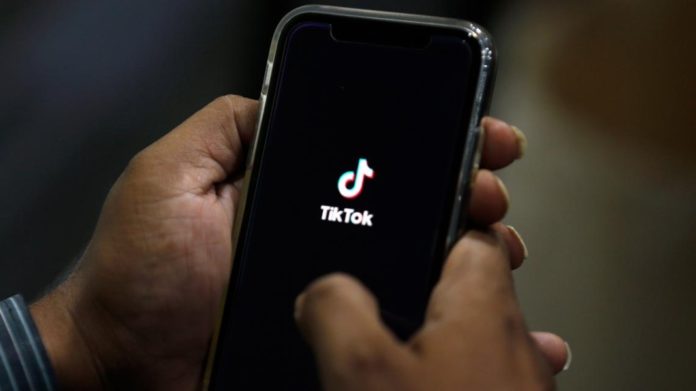In the middle of political turbulence, TikTok finds itself at a crossroads as the US House of Representatives passed a bill requiring ByteDance, its parent company, to divest or risk facing a nationwide ban. This move has sent warning through the tech world and left its 170 million US users wondering about the platform’s fate.
TikTok’s rapid rise since its inception in 2017 has been nothing short of phenomenal. However, concerns about data privacy and content censorship, stemming from its Chinese ownership, have plagued its journey. Despite TikTok’s assurances of data protection, allegations of mishandling user information persisted, intensifying the political scrutiny it faced.
Understanding the Bill
The bill passed by the House offers ByteDance a lifeline—a 165-day window to sell TikTok to a non-Chinese entity. Failure to comply would lead to a ban, barring the app from major app stores. Proponents argue that this isn’t a ban but a surgical intervention aimed at safeguarding national interests. However, TikTok contends that it amounts to a predetermined ban, questioning the feasibility of a sale within the stipulated time frame.

Enforcing a TikTok ban poses significant technical hurdles. While penalizing app stores is one avenue, curbing individual usage presents a formidable challenge. Methods akin to those used in restrictive regimes like China and Iran might be necessary, raising concerns about freedom of expression and civil liberties.
The Divided Support
The political landscape regarding TikTok’s fate is a mixed bag. While some Republican lawmakers advocate for a ban, others, including former President Trump, have reversed their stance. The Biden administration’s support for the bill underscores bipartisan concerns about national security and data privacy.
TikTok, along with civil rights advocates and some Senate Democrats, vehemently opposes the bill. They argue that while TikTok’s data practices may be flawed, an outright ban stifles free expression and sets a dangerous precedent for internet regulation. Their concerns echo broader worries about the erosion of digital freedoms.

What Lies Ahead?
The road ahead for TikTok remains uncertain. Even if the bill clears the Senate, legal challenges based on free speech grounds loom large. TikTok’s fate hangs in the balance as it navigates the intricate web of politics and policy.
As the debate unfolds, one thing is clear—TikTok stands at the nexus of technological innovation, geopolitical tensions, and individual rights. Its destiny will not only shape the future of social media but also redefine the boundaries of digital governance in an increasingly interconnected world.
Stay tuned to Brandsynario for more.











































